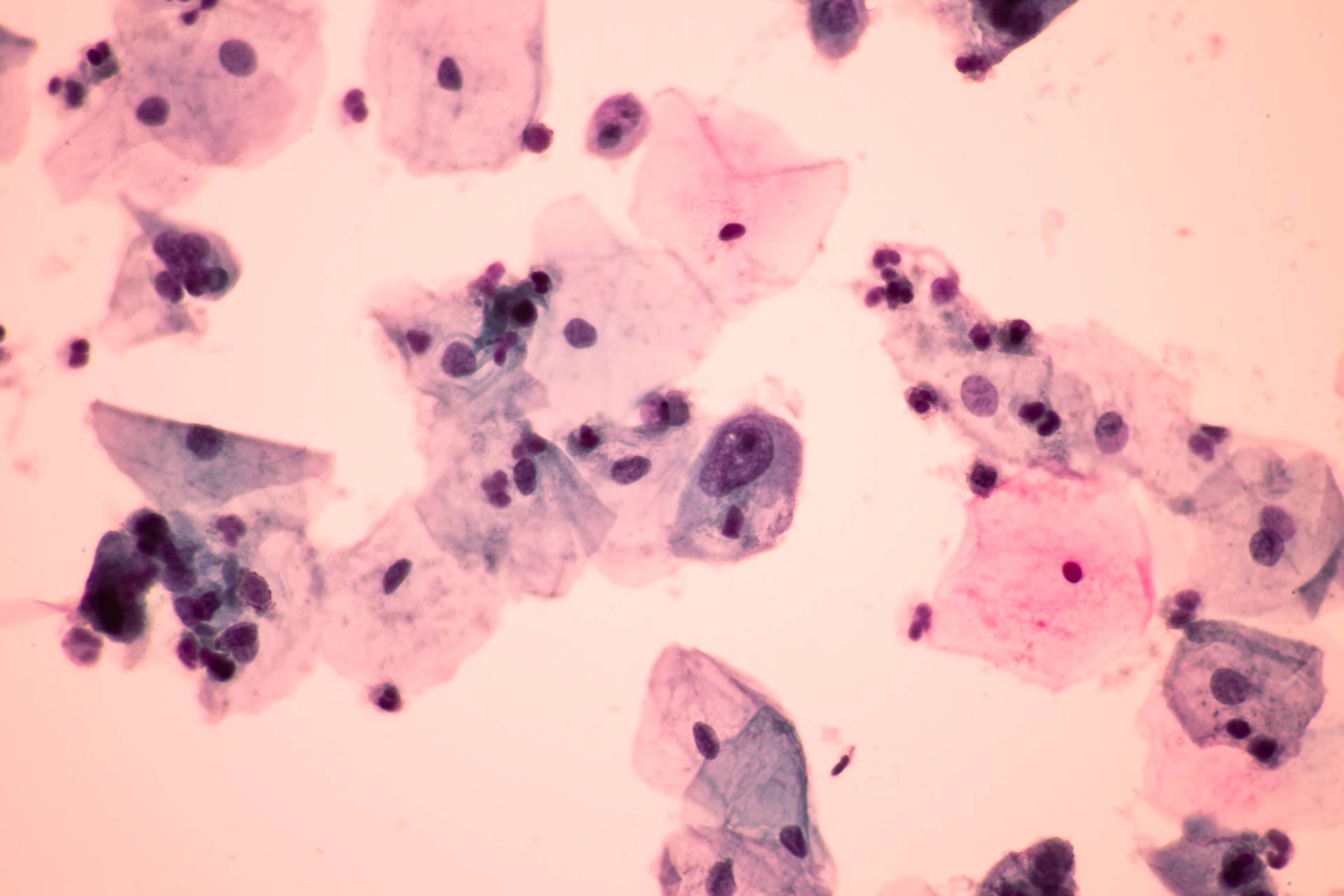• Cancer progression
• High diversity
What is already known on this topic
Human papillomavirus (HPV) infection is one of the most common sexually transmitted infections and a well-established cause of cervical cancer. But why only a small proportion of HPV infections progress to cervical cancer is unclear.What this research adds
To investigate the role of the cervicovaginal microbiota in cervical cancer progression, researchers analyzed cervical samples from 273 women who had high-risk HPV infection. Lactobacillus iners was associated with clearance of high-risk HPV infections, while Gardnerella vaginalis bacteria were indicative of a progression to cervical cancer.Conclusion
The findings suggest that Gardnerella could be used to identify women with HPV infection at risk for progression to cervical cancer.
Human papillomavirus (HPV) infection is one of the most common sexually transmitted infections and a well-established cause of cervical cancer. But why only a small proportion of HPV infections progress to cervical cancer is unclear. Now, researchers have identified potential microbial markers that could identify women with HPV infection at risk for progression to cervical cancer.
The findings, published in PLOS Pathogens, could lead to therapeutic approaches that manipulate the microbiota to prevent disease progression. “This study demonstrates that features of the cervicovaginal microbiome are associated with [high-risk] HPV progression,” the study authors say.
While most cervical HPV infections clear over the course of a few months, women with persistent HPV infections are at high risk of developing cervical cancer or pre-cancerous lesions.
To investigate the role of cervicovaginal microbes in cancer progression, a team of researchers led by Robert Burk at the Albert Einstein College of Medicine in New York City analyzed cervical samples collected over two clinic visits from 273 women with high-risk HPV infections. All women were between the ages of 18 and 25 years and were participating in the Costa Rica HPV Vaccine Trial.
Cancer progression
The bacterium Lactobacillus iners was associated with clearance of high-risk HPV infections, while Gardnerella vaginalis bacteria were indicative of a progression to cervical cancer. Other bacterial species commonly associated with bacterial vaginosis such as Prevotella amnii and Anaerococcus prevotii were also correlated with progression.
Gardnerella bacteria appeared to be more common in women with infections that progressed to pre-cancerous lesions. The cervicovaginal microbiota of these women also had higher microbial diversity than that of women whose infections did not progress to pre-cancerous lesions.
High diversity
Further experiments suggested that higher levels of Gardnerella in the microbiota of at-risk women reflected increased cervicovaginal diversity driven by pre-cancerous progression.
Rather than directly causing the pre-cancerous lesions, Gardnerella appears to induce a higher diversity in the cervicovaginal microbiota, which in turn mediates the observed effect of Gardnerella in disease progression, the researchers say. “Progression of a persistent high-risk HPV infection to cervical precancer is in part explained by unique features of the cervicovaginal microbiota,” they say.
The study suggests that monitoring the presence of Gardnerella and the vaginal microbiota diversity could help to identify women at risk for developing cervical cancer. If confirmed in larger studies, the findings could lead to new therapeutic strategies that prevent disease progression by altering the cervicovaginal microbiota and activating a local immune response, the authors say.









